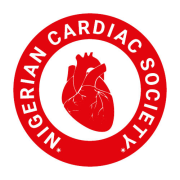

Author(s): Shivangi Chauhan
Globally, cardiovascular disease (CVD) is considered to be an important cause of mortality. The proper functioning of mitochondria is essential in tissues and organs which require high energy, involving the heart. Mitochondria are extremely sensitive towards nutrient and oxygen supply and experience metabolic adaptation due to the change in environment. Such adaptation is damaged in CVD that sequentially results in the degeneration of mitochondrial function correlated with irregularities in the respiratory chain and ATP production, raised oxidative stress, and loss of the structural integrity of mitochondria. Uncoupling of the respiratory chain in dysfunctional mitochondria leads to higher production of reactive oxygen species(ROS), reduction of cell ATP pool, massive cell damage, and apoptosis of cardiomyocytes. In a mitophagy process, cells clear themselves from impaired and dysfunctional mitochondria by autophagic mechanism. During heart failure, this process gets deregulated which leads to the accumulation of dysfunctional mitochondria and the situation became more adverse. Abnormalities of the respiratory chain activity and ATP synthesis may be reflected as a core of mitochondrial dysfunction in cardiac pathology. Indeed, the main objective for improvement of mitochondrial dysfunction in CVD is to therapeutically restore these vital functional properties.